Some of Earth’s creatures are universally despised, often without full knowledge of the animals’ functions. Resident science stide to, Laura Jardine and Alanah Hosford, biology sophomores, passionately requested to explain their classmates’ misconceptions and provide arguments defending these animals’ purpose.
1. Snakes: “People are always scared of them because there are a few poisonous ones. Also, they get a bad rap because they’re evil in the bible, but they’re good because they eat prey that would otherwise grow exponentially. They are also fun to watch slither and look like they’re smiling all the time. If you go in the direction of their scales, they’re even soft to pet!”
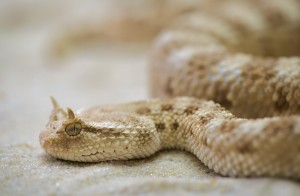
2. Oysters: “People only value them because they think they can eat them. Their life has much more meaning than that. They help keep our seas clean.”
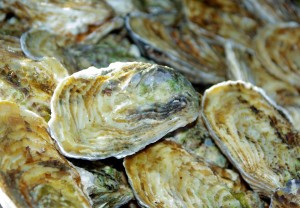
3. Bats: “People are so scared of them and think they will attack, bite or suck their blood. Halloween movies portray them in a bad light, but they’re actually incredibly valuable pollinators. Plus echolocation is really cool, and bats eat a lot of insects. Besides that, they’re mammals, so they’re pretty relatable.”

4. Squirrels: “They seem like a nuisance that lives in excess, but they’re spreading trees by shitting acorns. They teach us on how to care for others. When a female squirrel builds a nest for her young, she’ll pluck out her tail hairs to use in the nest. Wait, that might not be correct. Well, either way, they can teach us a plethora of valuable lessons.”
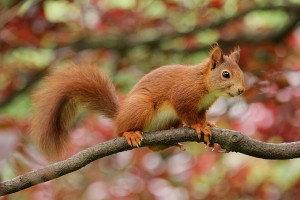
5. Sharks: “Sharks don’t actually eat many people – you’re way more likely to die in some weird way. They aren’t malicious. I like the way that they regulate osmosis: they produce urea and store it in their tissues, instead of producing uric acid like most fish and reptiles. Also, they have a spiral valve in their digestive system. Sharks are freaking cool.”

6. Nematodes (roundworms): “People associate nematodes with intestinal parasites like pinworms which come out your butthole in the night. However, C. elegans is a model organism that is responsible for a lot of our genetic knowledge. It has been a part of the greatest contributions to biomedical research. Thanks, C. elegans!
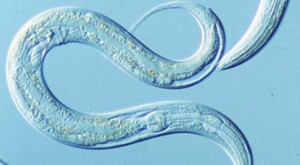
7. Vultures: “People think they’re ugly and disgusting. They eat all the nasty dead things for us so they don’t accumulate. Plus, I think that they’re really sweet at heart.”
Another science student disagreed with this statement.
“Sweet? They puke on you as a mode of defense.”
The vulture enthusiast defends her argument with scientific evidence:
“They only puke on each other! Whatever. I have an emotional connection toward them.”
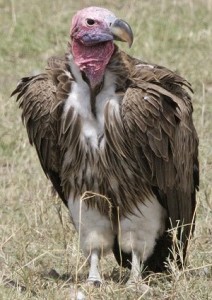


Leave a Reply